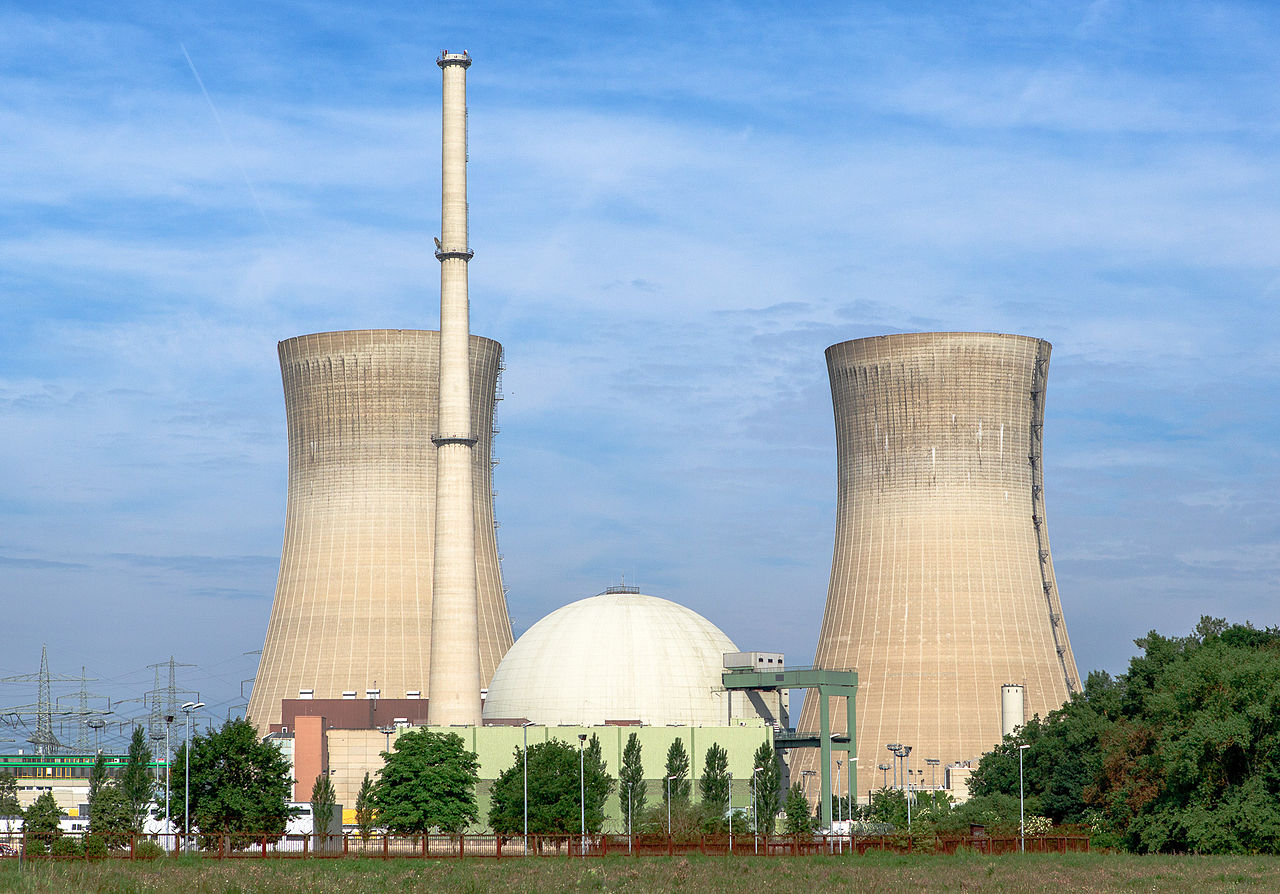TEHRAN (Parliament Politics Magazine) – Following a serious report by the nuclear watchdog of the UN, Tehran authorities were asked on Tuesday to explain the existence of uranium particles at three undeclared nuclear sites in Iran.
Iran has not convincingly answered long-standing suspicions regarding apparent nuclear activities at the Marivan, Varamin, and Turquzabad facilities, according to the latest report by the International Atomic Energy Agency.
On Tuesday, the Foreign Ministry of France said that they had called on Iran to reply without delay to the IAEA’s inquiries and needs under its safeguards agreement.
When the 35-nation board of governors of the agency meets next week, the argument could spark a new diplomatic spat.
If Western nations seek a resolution criticising Tehran, it may further derail efforts to resurrect the 2015 nuclear deal with Iran, which has been blocked.
Until now, those powers have refrained from reprimanding Iran over the same issue for fear of jeopardising the Vienna nuclear talks.
They were in close conversation with their partners on the follow-up to be given to that scenario at the next board of governors, the French Foreign Ministry stated, as those discussions stalled and chances for a resurrected nuclear deal faded.
In March, Iran and the agency reached an agreement on a strategy for fixing the issue of the sites. Rafael Grossi, the head of the agency, is required to report his findings to the watchdog of the board of governors next week.
While the majority of the activities are assumed to have taken place in the early 2000s, one of the sites, in Tehran’s Turquzabad area, may have been utilised for uranium storage as recently as 2018.
Iran called the agency’s latest assessment “unfair” and blamed it on Israeli meddling.
It was feared that political pressure from the Zionist regime and other actors had shifted the typical direction of the agency’s findings from technical to political, said Saeed Khatibzadeh, a spokesman for the Foreign Ministry.
Mohammad Reza Ghaebi, the representative of Iran to the IAEA, said the report did not reflect Iran’s considerable cooperation with the organisation.
Iran found that approach unconstructive to the current close relations and cooperation of the country with the IAEA, he said. The agency should be mindful of the negative ramifications of issuing reports that were so one-sided.
Meanwhile, Iran was accused by Israel of stealing documents from the International Atomic Energy Agency (IAEA) to conceal proof of its nuclear-weapons development intentions on Tuesday.
Prime Minister Naftali Bennett stated that Iran had stolen confidential documents and had exploited that information to methodically escape nuclear inquiries.
How did they know? They were able to obtain Iran’s deception scheme, he added.






